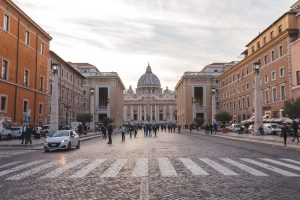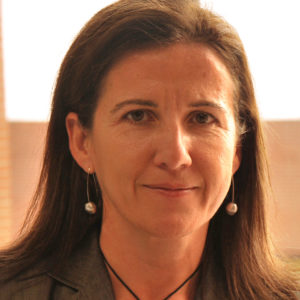Webinar: Advancing Religious Freedom in Different Political Regimes
Webinar Advancing Religious Freedom in Different Political Regimes held on 7 June 2021 to highlight opportunities and successful stories, as well as challenges and failures in promoting religious freedom globally. Each panelist reported on their work in respective political regimes, including Myanmar, Iraq, Turkey, and the work that the International Center for Law and Religion Studies has done with different political regimes.
Brett Scharffs concluded with these remarks: “We have to care for each other in order for us to claim that [human dignity is] universal…. There are ways of advocating that are uniquely Western, but that doesn’t undermine the universality of the values of human dignity. Everyone, everywhere, cares about their own freedoms. These are human values that really are universal even though our models of advocacy can take on cultural characteristics. And sometimes we have to be careful about that.”
Panelists: Brett G. Scharffs, Seng Mai Aung, Ján Figeľ, Mine Yildirim, Knox Thames, Elizabeth Clark.
Moderated by Dmytro Vovk.


